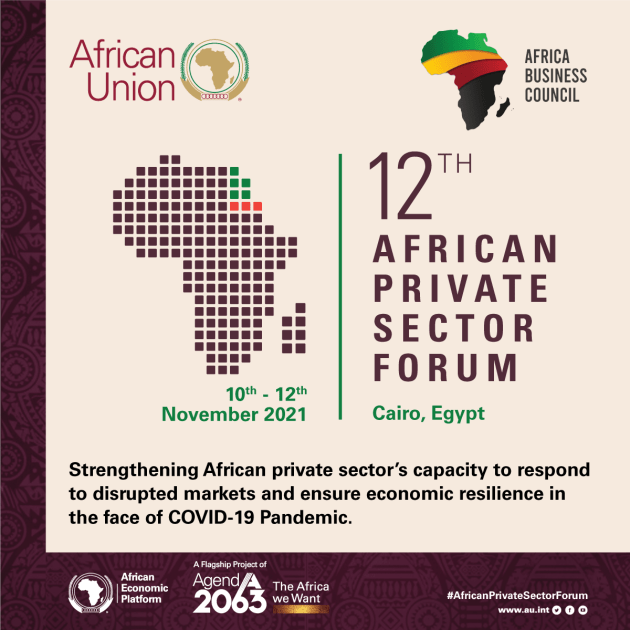Department Resources
September 10, 2025
May 14, 2025
AFRICAN UNION CONFERENCE ON DEBT
LOME, TOGO
12th to 14th May 2025
November 22, 2022
October 12, 2022
September 19, 2020
The African Union Commission (AUC) envisions “an integrated continent that is politically united based on the ideals of Pan Africanism an
June 24, 2020
Highlights of the cooperation with the GIZ-project “Support to the African Union on Migration and Displacement”
June 24, 2020
Violent extremism is a global issue.
October 14, 2025
October 11, 2025
February 10, 2022
Agenda 2063 is Africa’s development blueprint to achieve inclusive and sustainable socio-economic development over a 50-year period.
October 06, 2025
AFRICA’S DEVELOPMENT
D Y N A M I C S
INFRASTRUCTURE, GROWTH AND TRANSFORMATION
OVERVIEW
September 30, 2025
September 30, 2025
In line with the Africa Regional Strategy for Disaster Risk Reduction
November 2017


